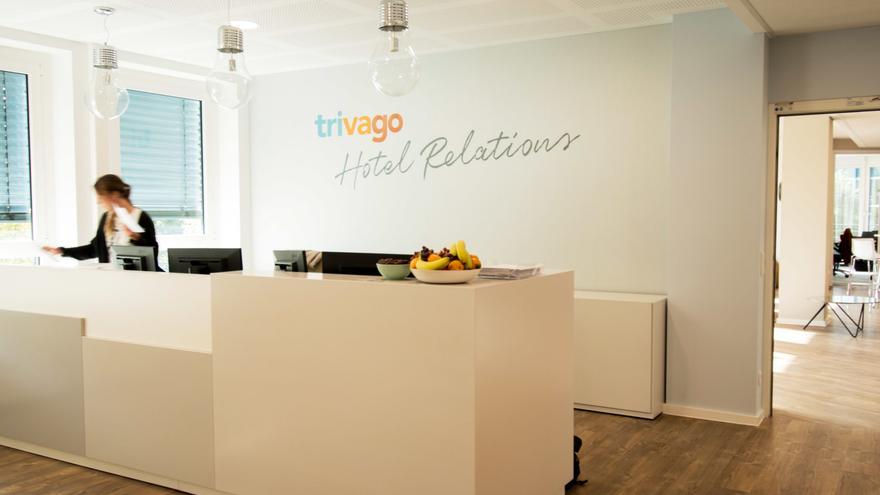
![]() 14ymedio, Havana, November 9, 2019 — The German company Trivago has removed several hotels that operate in Cuba from its search engine, after the United States activated Title III of the Helms-Burton Law. Trivago was sued some months ago for “trafficking in stolen property” on the Island.
14ymedio, Havana, November 9, 2019 — The German company Trivago has removed several hotels that operate in Cuba from its search engine, after the United States activated Title III of the Helms-Burton Law. Trivago was sued some months ago for “trafficking in stolen property” on the Island.
Among the accommodations affected by this decision are the emblematic Hotel Tryp Habana Libre in Vedado and others managed by the Spanish firms Iberostar and Meliá. From now on, an important group of Cuban hotels will not be available when people search on the Trivago site.
The large Spanish hotels operating on the Island realize that the new restrictions may cause problems. Some of them have announced to their shareholders “possible losses at year-end,” according to the Spanish daily, La Información.
The Meliá firm is one of the most affected because the numerous establishments it manages in Cuba have lost visibility on this important tourist search engine. In its last quarterly report, its directors announced that “they expected an impact from Trivago’s recent decision to remove its numerous group of hotels in Cuba from its sales channels.”
It points out that “all these circumstances point to a reduction in the RevPAR — Revenue for Available Room — for digital media compared to the year before.” Meliá adds that the most affected hotels will be the ones located in Holguín, Cayo Largo and Havana, three of the largest tourist zones on the Island.
This blow is added to the drop in occupancy and income that hotels in Cuba have been experiencing for months. According to the closing data for the first nine months of the year, the first indicator descended more than five points to 53% and the RevPAR was lowered by 9.8% to 42.7 euros, a situation that spread to other companies like Iberostar and Barceló, which together with Meliá add up to 70% of the accommodations in Cuba.
Last June the law firm Rivero Mestre LLP, headquartered in Coral Gables, Florida, filed suit against Trivago for trafficking in property confiscated by the Fidel Castro regime at the beginning of the 1960s. Trivago, headquartered in Dusseldorf, Germany, earned approximately 1.2 billion dollars last year.
Meanwhile, in the first nine months of 2019, the number of tourists who came to Cuba continued to fall, especially from the European Union. The National Office of Statistics for Cuba published figures up to September 2019 showing that 3.3 million people traveled to the Island, a loss of 6% compared to the same period in 2018 (213,151 fewer visitors).
The worst data for tourism to Cuba comes from Europe. Five large travel agencies posted lower rates: for Italy, a dramatic drop of 25.8%; for the UK, 25.7%; and, significantly for Germany, 13.9%, France 13.5% and Spain 13.3%.
Cuba doesn’t recognize the legal validity of the Helms-Burton Law and guarantees foreign investors State support, although it’s not clear how Cuba could defend them in a U.S. court. For its part, the European Union, as the principal foreign investor, has promised the Cuban Government that it will oppose the sanctions dictated by the U.S. courts against the businesses on the Old Continent.
Among the subjects discussed during the King of Spain’s visit to Cuba was the situation of the Spanish businesses on the Island, which face difficulties caused by the strengthening of the U.S. embargo, but also the defaults on payments owed on the part of Cuba.
Translated by Regina Anavy
________________
COLLABORATE WITH OUR WORK: The 14ymedio team is committed to practicing serious journalism that reflects Cuba’s reality in all its depth. Thank you for joining us on this long journey. We invite you to continue supporting us by becoming a member of 14ymedio now. Together we can continue transforming journalism in Cuba.
